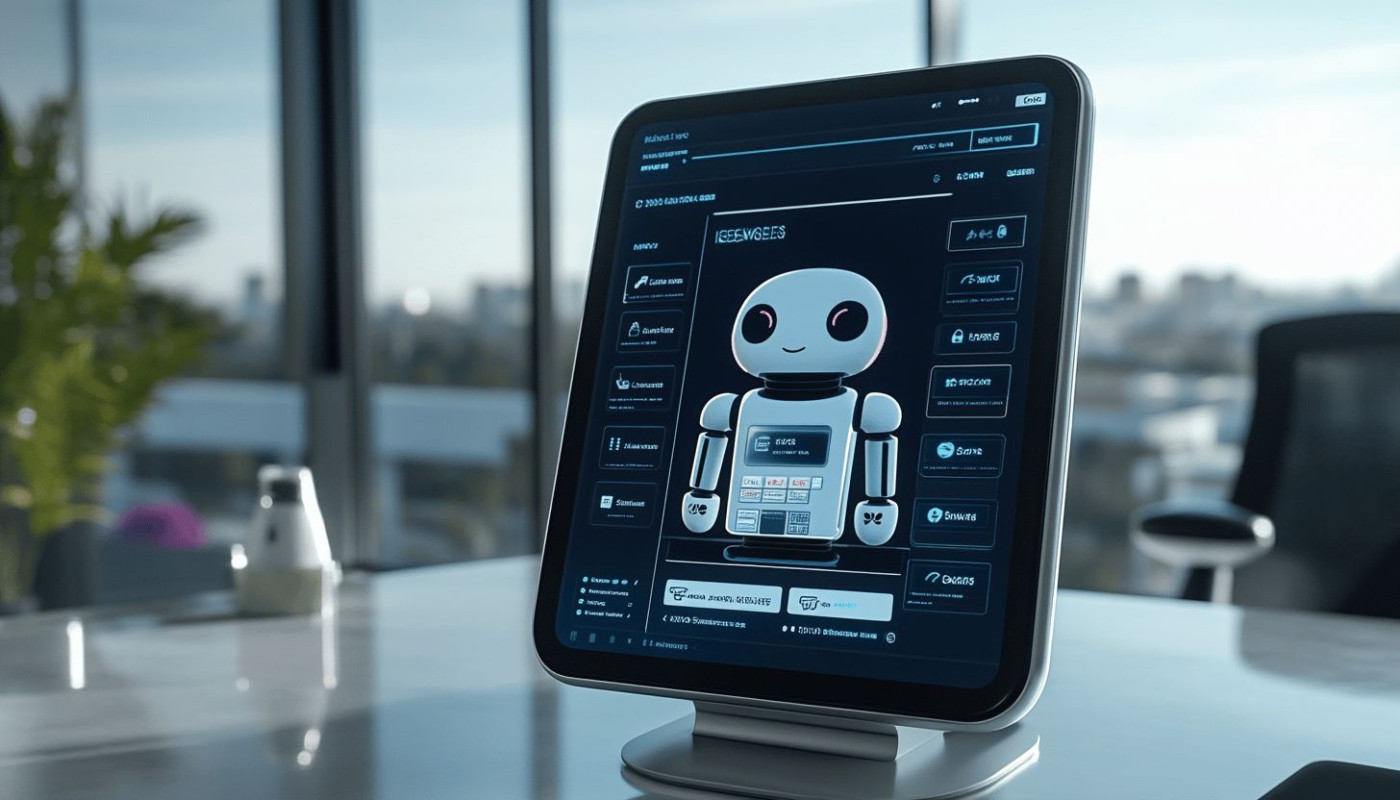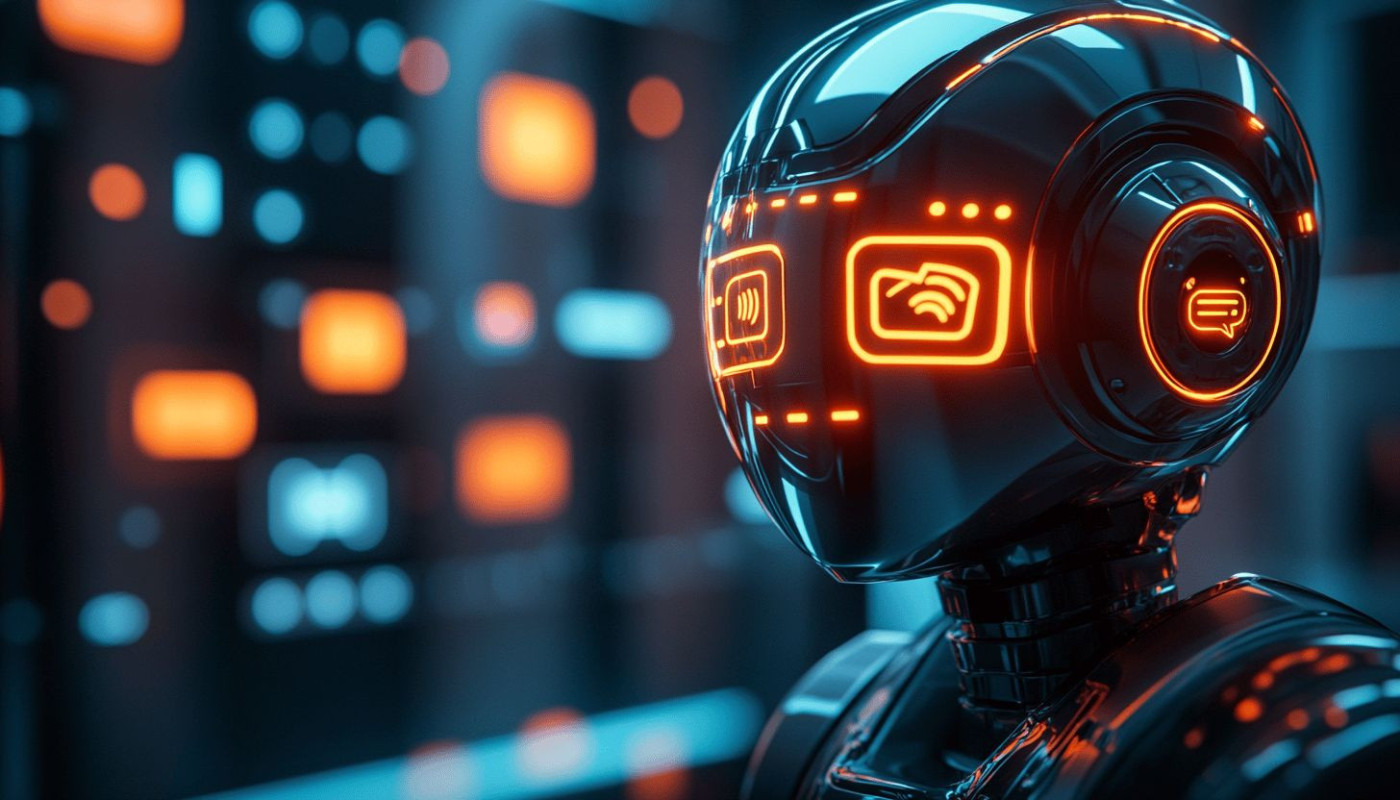Table of contents
In an era where technology shapes every facet of life, the advent of free artificial intelligence tools heralds a transformative wave across various industries. As these tools become increasingly sophisticated, they promise to unlock new efficiencies, drive innovation, and challenge the status quo. This exploration invites you to delve into the ways these tools are not just supplementing human capability, but fundamentally reshaping the landscape of industry. Read on to uncover the potential that lies within the integration of AI into the fabric of everyday business.
The Catalyst for Innovation in Automation
As the technological landscape evolves, automation stands at the forefront, with free AI tools igniting rapid advancements. These tools have become the linchpin in driving AI-driven innovation, offering businesses and industries new ways to leverage technology for growth and efficiency. In the realm of data analysis, machine learning algorithms are being employed to sift through vast datasets, extracting actionable insights that drive strategic business decisions. Predictive maintenance is another area where AI is making a significant impact. By analyzing patterns and predicting equipment failures before they occur, industries can save on costly repairs and downtime, thereby enhancing productivity. Moreover, process optimization through AI tools enables organizations to streamline their operations, often resulting in substantial cost reductions and performance improvements. As automation continues to mature, the integration of AI becomes increasingly vital for staying competitive in a rapidly changing market.
Enhancing Creative Industries with AI
The advent of free AI tools has proven to be a boon for creative industries, radically transforming the landscape of content creation. In the realms of music, literature, and graphic design, these innovative technologies serve as catalysts for design innovation, allowing artists and creators to push the boundaries of conventional methodologies. Generative algorithms, a cornerstone of these advancements, empower creatives with novel ways to generate ideas and materials, providing a fresh source of inspiration that can lead to unprecedented forms of artistic expression.
For those entering these competitive fields, AI tools for creativity represent more than just technological marvels; they are keys that unlock previously closed doors. By leveraging these tools, newcomers can bypass traditional barriers to entry, such as the need for extensive training or access to expensive resources. This democratization of the creative process ensures a more inclusive environment where talent and vision can flourish without the constraints imposed by socioeconomic status. Additionally, these applications foster an environment of continuous learning and adaption, which is indispensable in the fast-paced world of digital arts.
To gain a deeper understanding of the transformative potential of these applications and to discover here some of the best free AI tools currently shaping industries, one can delve into a curated list of resources. This compilation serves as a testament to how the synergy between human creativity and artificial intelligence is crafting the future of artistic endeavors.
AI in Education: Personalized Learning Experiences
The incorporation of free AI tools into the educational landscape is revolutionizing the way individuals engage with educational content. These advanced technologies are instrumental in tailoring personalized learning experiences, ensuring that the unique needs of each student are met. By leveraging adaptive learning technology, these tools can analyze a student's performance and learning habits, adjusting the curriculum to fit various learning styles. This level of customization not only boosts student engagement but also fosters a deeper understanding of the material.
Moreover, the democratization of education is being significantly propelled forward by AI in education. By improving accessibility, students from diverse backgrounds and with different abilities can now have equal opportunities to quality learning experiences. This empowers a wider audience to pursue knowledge and skills that may have been previously out of reach. In enhancing educational resources, free AI tools provide educators with a multitude of options to enrich their teaching methods and materials, which in turn benefits the learners. Overall, the strategic integration of personalized learning driven by AI paves the way for a more inclusive, effective, and dynamic educational environment.
Revolutionizing Healthcare with AI
In the dynamic realm of healthcare, artificial intelligence (AI) is ushering in a transformative era. AI in healthcare is not only catalyzing advancements in diagnostics but is also refining the precision of treatment plans and elevating the standards of patient monitoring. By harnessing the power of AI, medical professionals are now able to diagnose diseases with greater accuracy, often at earlier stages when treatment options are more viable. The integration of treatment personalization means that AI algorithms can analyze vast amounts of patient data to suggest tailored therapeutic approaches, thereby improving outcomes and patient satisfaction.
Furthermore, AI's role in continuous patient monitoring has been a game-changer. Wearables and other AI-driven technologies constantly gather health data, offering real-time insights into a patient's condition. This allows for prompt interventions and can significantly reduce hospital readmissions. Despite these advances, the deployment of AI in healthcare is not without its challenges. Healthcare privacy remains a paramount concern as the handling of sensitive patient data necessitates stringent security measures to prevent breaches. Moreover, ethical considerations are intertwined with the use of AI, demanding a careful assessment of the decision-making processes of AI systems in life-altering scenarios. In addressing these concerns, predictive analytics emerges as a technical beacon. It not only anticipates potential health events but also ensures that ethical standards and privacy regulations are embedded within AI systems, thus safeguarding the sanctity of patient trust and care integrity.
AI's Impact on Business Decision-Making
In the realm of strategic business decision-making, the advent of AI tools has marked a transformative shift. These sophisticated algorithms offer unparalleled insights into market analysis, enabling companies to parse vast quantities of data for competitive intelligence. As a result, organizations can now anticipate consumer behavior with a higher degree of accuracy, tailoring their strategies to meet evolving demands. Moreover, AI's predictive capabilities substantially enhance risk management processes, allowing businesses to identify potential pitfalls and recalibrate their approaches proactively. This surge towards a data-driven strategy underscores the importance of business intelligence in today's corporate environment. By leveraging AI, companies not only streamline decision-making but also gain a significant competitive edge in their respective industries.
Similar articles

Tailoring Education To Individual Needs With AI Assistants

Enhancing Customer Service With AI Assistant Innovations

How AI Assistants Are Shaping The Future Of Remote Work

Streamlining Your Workflow With Efficient Strategies For Kubernetes Upgrade Deployment

Streamlining Your Business With Efficient Kubernetes Cluster Upgrades

How To Choose The Best Mobile Booster For Office Efficiency?

Best Practices For A Seamless Kubernetes Cluster Upgrade

How To Craft Your Ideal AI Companion For Daily Interaction?

Ensuring Business Continuity During A Kubernetes Cluster Upgrade

How Does An ESIM Simplify Your Mobile Data Needs While Traveling In Europe?

How Small Businesses Can Leverage A Chatbot Builder To Improve Customer Service

How Small Businesses Can Benefit From Using A Chatbot Builder

Exploring The Impact Of Jurisdiction Choice On Crypto Licensing Success

How To Choose The Right Chatbot Builder For Your Business Needs

How Choosing The Right Chatbot Builder Enhances Customer Service

Exploring The Impact Of UX Design On Chatbot Effectiveness

Advancing AI Prompt Design For Enhanced Creative Outputs

Exploring The Future Of Multi-channel Chatbots In Customer Service

The Evolution And Future Of Conversational AI In Customer Service

How To Build A Chatbot Without Coding Skills In Under 10 Minutes

Understanding The Emotional Stages Of Breakup And How To Navigate Them

How AI-driven Chat Platforms Revolutionize Customer Interactions

How Integrating Chatbots Can Transform Customer Service Efficiency

Enhancing Customer Engagement With Advanced QR Code Features

Step-by-step Guide To Diagnosing Connectivity Issues With Online AI Tools

